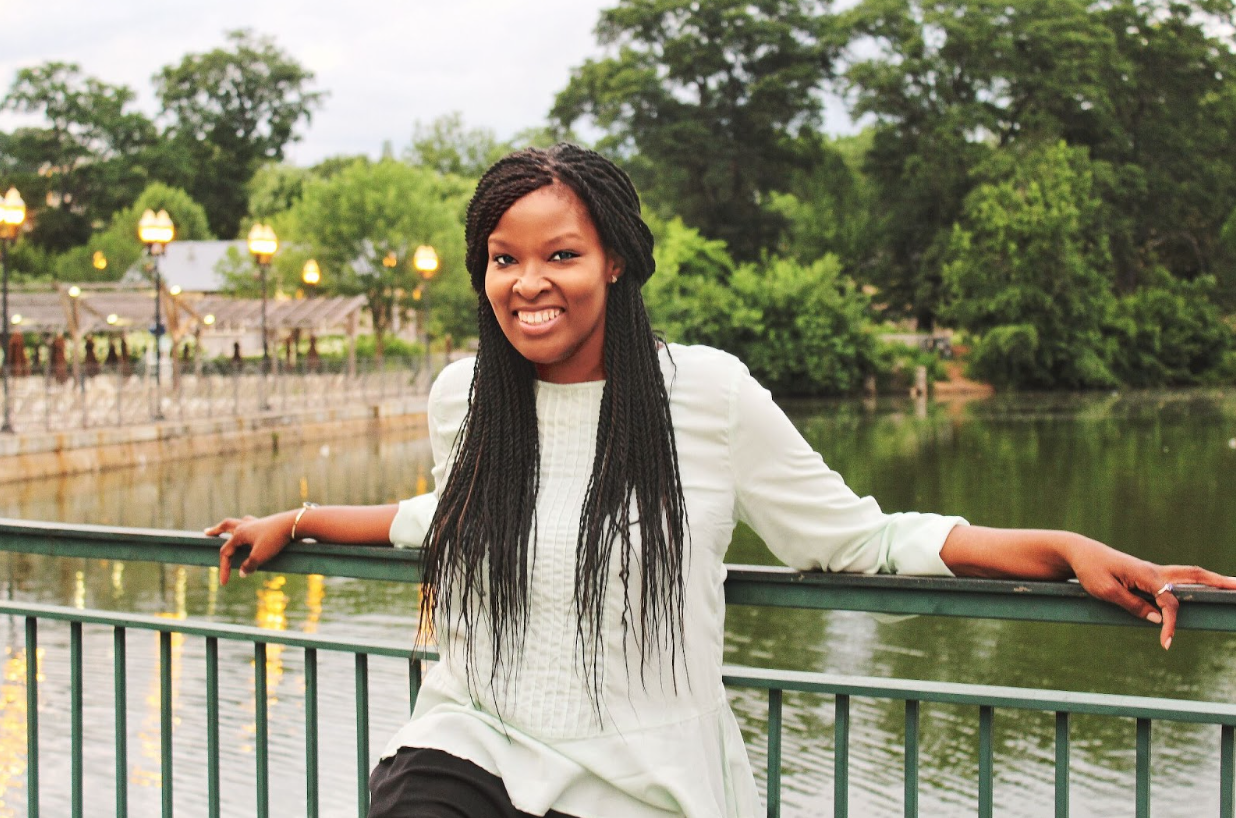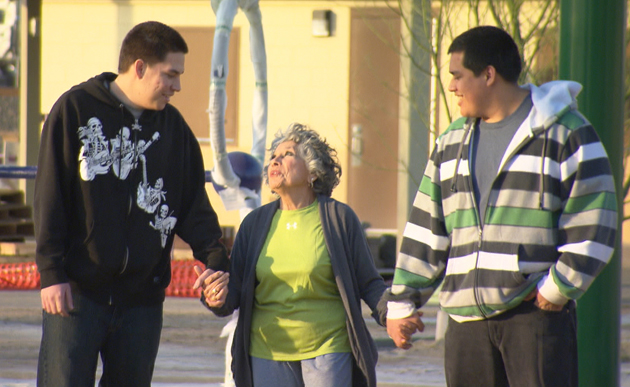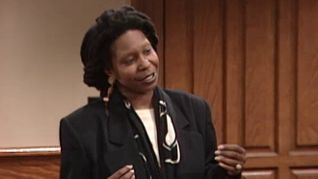My Story
In 2013, when my mother was diagnosed with Frontotemporal Dementia (FTD), I became her full-time caregiver. Frontotemporal Dementia is a rare disease related to Alzheimer’s that is characterized by major shifts in personality and is the most common form of dementia for people under the age of sixty (TheAFTD.org 2018). I was in my late twenties when I left my job in healthcare to care for my mother full-time. Upon my leap into the world of family caregiving, I made some alarming discoveries around accessibility and inequity within healthcare. Caregiving is already extremely overwhelming; members of marginalized groups experience additional stressors that make things even more difficult.

The Breakdown (Source: AARP.org)
In 2015, there were 65 million informal caregivers in the United States — that’s 29% of the population. On average, these caregivers spend an average of 20 hours per week caring for a sick family member or friend. About two-thirds of family caregivers are women. But those figures represent that majority. Caregivers fill the margins of society as well. Thirteen percent of caregivers are African-American; half that amount are likely to belong to the sandwich generation with parents living in the home. The highest rate of caregiving for the family is fund among Hispanics at 17%. Asians represent 6% of the caregiving population, members of the LGBTQ community make up 9%, and 14% of caregivers fall between the ages of 18 and 41 (Source: Caregiver.org).
Race + Orientation
Someone in an online support once responded to my post polling minority caregivers by asking me what race, sexual orientation, and gender identity have to do with caregiving. The poster was both annoyed and outraged at the suggestion that caregiving experiences vary based on these classifications and exclaimed “Isn’t it the same for everyone?!” I responded “No,” and promptly blocked her.
The reality is that, as isolating as caregiving can feel at times, it does not take place in a vacuum; external factors can greatly impact the caregiver on an economic, historical, or a sociological level.
Here is a bit of a breakdown on demographic-specific challenges and concerns of minority caregivers:
LGBTQ
Fifty-one percent of LGBTQ caregivers are more concerned about money [than straight caregivers] and 32% are report struggling with loneliness. Nearly one-third of LGBTQ caregivers fear having no one to take care of them as they age or if they become ill; and 20% of Gay, Lesbian, and Bisexual caregivers, along with 44% of transgender caregivers, are afraid that a bad relationship with healthcare providers if they knew their orientation or gender identity. Members of the LGBTQ community are twice as likely as straight caregivers to grow old single.
African-Americans
Overall, the Black community contains the most number of family caregivers, with 21% of African-Americans providing care for a loved one. Most Black caregivers belong to the sandwich generation and are therefore more likely to live with the person in need of care. Living with their loved one also means that Black caregivers are more likely than white or Asians to assist with Activities of Daily Living (e.g. bathing, dressing, feeding, et cetera).
Hispanics/ Latinx
The Latinx community shares many of the caregiving hardships of African-Americans. Both communities experience greater burdens and experience a higher rate of caregiving than white or Asian caregivers at 21%.
Financially Challenged
Caregiving families’ median incomes are 15% less than families who do not include caregivers. The poverty rate is higher among families with disabilities, and 47% of these caregivers report having used up their savings.
Intersectional Hardship
People of Color people living at or below the poverty line are more likely to experience poor health and lower rates of literacy. Regular stress has an adverse effect on one’s aging; caregiver stress can take a much as 10 years off of one’s life. One-fifth of family caregivers have had to take a leave of absence.
Physicians & Cultural Competency
For the Culture
Cultural competency refers to how well someone knows about the values, traditions, and beliefs of a culture that is different from their own. In healthcare, Brown University defines cultural competency this way: “Understanding how culture and ethnicity can affect the care they deliver.” According the MD Edge, there are a lot of unfair differences in healthcare, including racial bias, unfamiliarity with religious practices, and language barriers.
Speaking Your Language
Language can have a major impact on the quality of care patients receive. The Hospitalist reported that 14% of people living in the U.S. speak something other than English at home, which leads to increased potential for medical error. While many large hospitals provide translators for one or more languages, translation services are not always available at smaller or more rural facilities.
When children who speak both English and the language of their parents act as translators “it distorts family roles and makes the children uncomfortable” (The Hospitalist). Awkward situations may occur when parents ask their children to help them fill out medical history forms or when the physician asks questions about adult subject matters. Both children and parents may feel uncomfortable handling personal questions about addiction or sexualy activity. This discomfort may cause parents to leave things out of their medical history or answer the doctor’s questions dishonestly, which may lead to potentially life-threatening consequences.
Awkward situations come up when patients and doctors do not speak the same language, but gender can also play a major role in the quality of patient care. Some cultures or religions have very strict guidelines about interactions between men and women, including things like touching, making eye-contact, or wearing clothing that cover specific parts of the body. If a doctor is unfamiliar with these expectations and unintentionally violates the patient, it could lead to challenges including shaming or shunning within the family or community, or other traumatic effects.
History
Many Black families recall times when the healthcare system violated the public’s trust, like the cases of Tuskegee Experiment or Henrietta Lacks. These events have lead to a mistrust of medical professionals for some in the Black community, making its members less likely to seek regular medical treatment.
How Do We Fix It?
Caregiving can feel really lonely at times and you may be afraid to speak up. But, as Whoopi Goldberg’s character said in an episode of “A Different World,” You Have a voice in this world, and you deserve to be heard. To make sure that your and your loved one’s concerns are being heard, the following tips may help you get your point across:
Get a Translator
As a part of the Affordable Healthcare Act passed by the Obama Administration in 2010, healthcare providers are required to provide language interpretation services for patients with limited English proficiency (LEP). If the doctor speaks a different language from you and/or your loved one, it is your right to request an interpreter services. At most major hospitals, there will be a department that provides translators and offer important documents in several languages.
Ask Again
If a doctor or other healthcare professional says something that you do not understand, it is totally okay to tell them that. Say: “I don’t understand what that means. Please explain it again.” After all, this appointment is about your loved one and making sure everyone understand what’s going on with their care.
Demand Respect
If you understand your doctor but feel like their tone or attitude is disrespectful, it’s alright to tell them that as well. Maybe you notice the doctor seems to have a problem with you or your loved one’s race, class, or sexuality. When this happens, you can say “I understand that you are the physician, but I do not appreciate the tone you are taking with me. We will be spoken to with respect.”
If all of this still sounds kind of scary, don’t worry. There are people whose jobs are to help you stand up for your loved one’s healthcare rights. A great place to start is with your local chapter of the Patient Advocate Foundation. Some things may feel awkward or uncomfortable at first, but the temporary discomfort is worth your loved one getting the best care possible, and you getting the caregiving support you need.
Read Part One of this two-part series on caregiving here.



